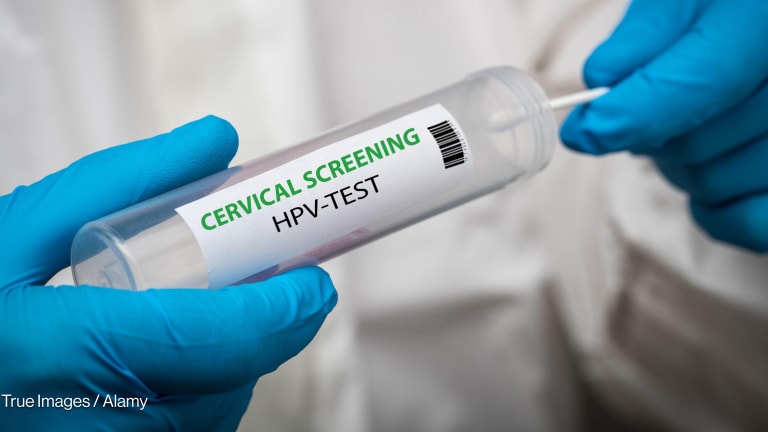As cases of mpox steadily increase across the African continent, some 68% of them don’t have an epidemiological link — meaning they’re popping up among people that health workers aren’t monitoring and who aren’t known to have been in contact with previously identified cases.
“This is a major concern,” said Africa Centres for Disease Control and Prevention Director General Dr. Jean Kaseya during a press briefing, noting that there are concerning gaps in the continental response in areas of surveillance, contact tracing, and data collection.
This year, there have been over 32,400 suspected cases — of which about 6,440 have been confirmed — and over 840 mpox deaths reported across the African continent. The majority of cases are in the Democratic Republic of Congo.








